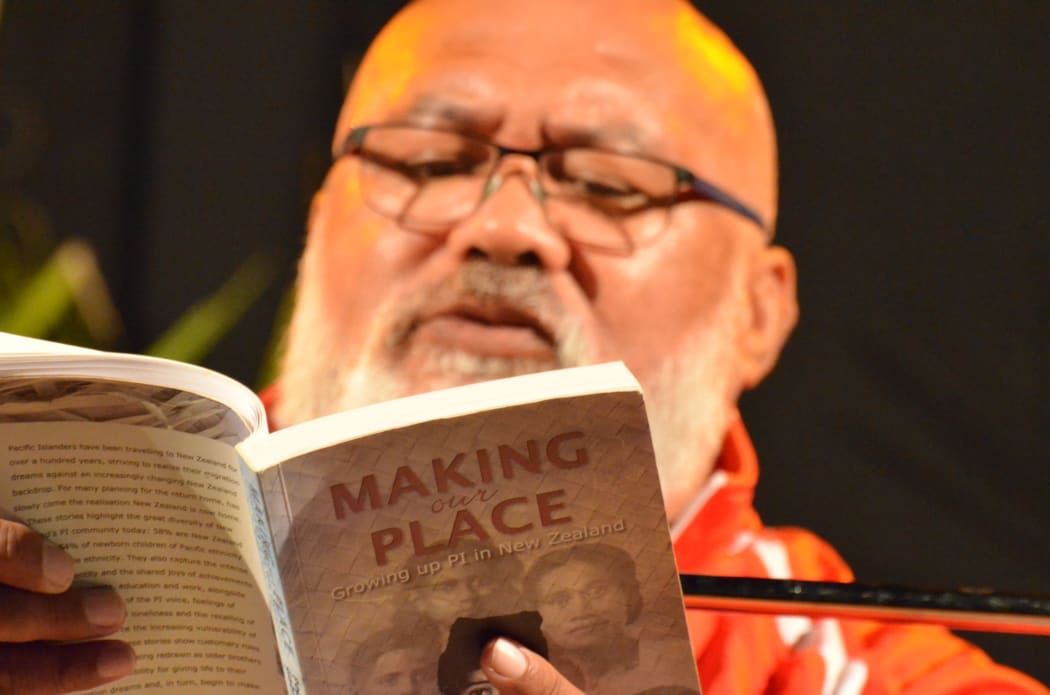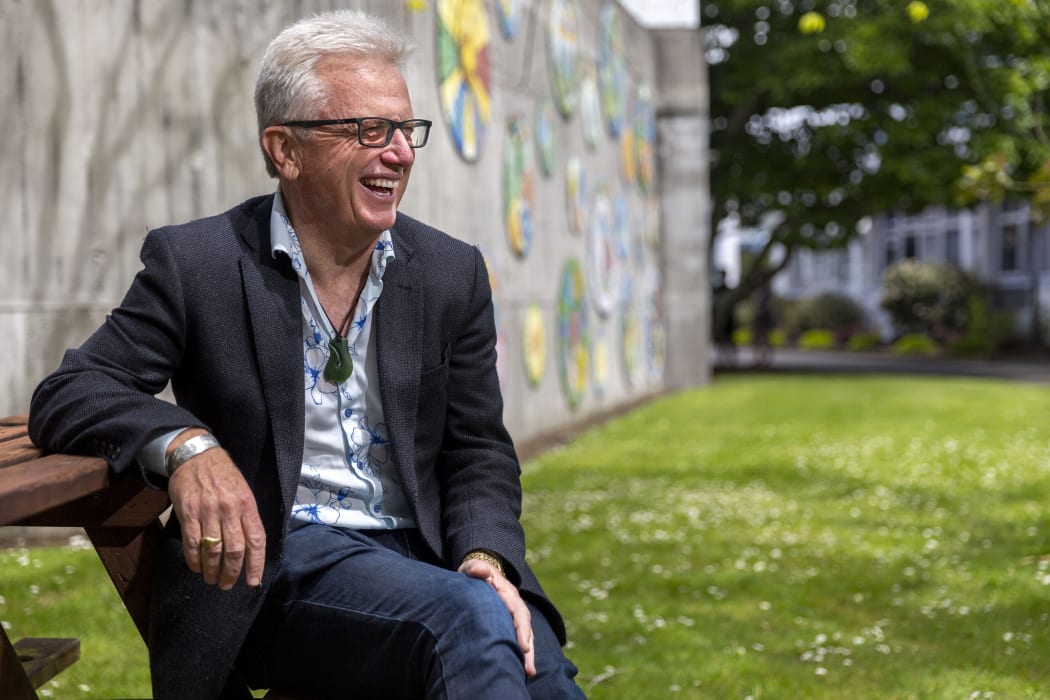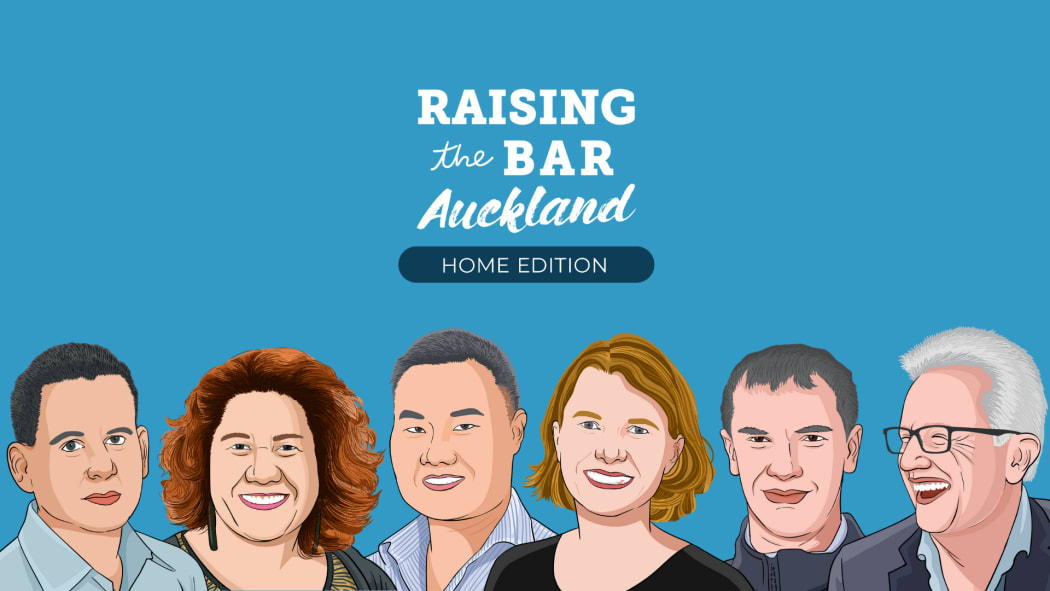Education expert Peter O’Connor explores the intricacies of terrorism in an updated version of his 2017 talk What Drives Terrorism?
He argues that critical empathy is essential to understanding other people, and reducing the alienation and exclusion which can result in individuals being radicalised.
How can this begin in primary school? With the story of The Billy Goats Gruff.
(From Raising the Bar - Home edition 2021)
Edited highlights from the discussion:
We live in constant crisis. In amongst that what we have found is people offering cheap and easy answers. The kinds of things which lure people into finding the scapegoat, finding the other to blame for their lack of ability to deal with post-normal times. Times of contradiction, of complexity, of seemingly never-ending crisis.
But, you know, we have been here before. I think back to that period after the Second World War when democracies had taken on the evils of Nazism. They were confronting the dehumanising ideologies of Stalinism.
And what we understood in the Western Hemisphere was that progressive policies were one way to protect democracy, one answer to those radicalising and dehumanising ideologies.
We worked really hard to diminish wealth inequality so that people wouldn't be attracted to those ways of thinking. And so we had progressive tax systems, which actually put the burden on the wealthy. We understood that having a stake in democracy, which was centred around homeownership for many, was important. We worked against the idea of intergenerational cultures of despair.
Now, in post-normal times, we find a willingness to blame others for where we have ended up. The displaced, the refugees of this world who are the victims of terrorism, are so casually labelled as terrorist threats to democracy when, in fact, they are the victims of it.
People of colour, in particular, have suffered under the burden of systemic racism and increasingly are threatened by the rise of white supremacy across the world, because it finds its home in post-normal times.
The educational theorist John Dewey understood that the kind of education that was needed in schools to address these issues, needed to have at its heart, the arts.
The arts in particular have a role in changing the world to be a more just, fair, and equitable place.
I’d like to give an example of what that might look like in a school.
I've been teaching about terrorism coming up for 20 years.
And to do this, I've been using the really simple story of The Billy Goats Gruff. In the story there is a monster – a troll who sits under a bridge – and his mission in life is to scare the living daylights out of the goats who trit-trot across the bridge.
What if we began to think about why there’s somebody who sits underneath the bridge. What's led him to be there? How might you open that up, through theatre, through movement, for children to begin to think about what it is to see trolls as not too different to themselves?
Story has always been how we learn the moral values of the world. All religions use story to make sense of the world. All education centres at one level on the way in which we make sense through story. If we use The Billy Goats Gruff, we don't actually have to talk even about terrorism. We can talk about what it is to be the goat who’s scared to cross the bridge. We can talk about how we steel ourselves to continue, even though, we know there are those who would deliberately seek our harm.

David Fane reading his book as part of WOMAD 2020 World of Words Photo: Isabella Brown
We can do all that because the story encourages us into not just thinking about these things, but also feeling them. And the key, perhaps, to much of this is to think about why someone would sit underneath a bridge to scare goats.
What do we do with one of the most complex issues that faces us? It's so easy to say, “Oh, well, it’s education.”
Well it’s a particular kind of education that we need – not necessarily the kind of education we have now. We need an education which has at its heart an understanding that the arts can take us to places that nothing else can, to understand the complexity of life.
We need to understand, as John Dewey did, and Clarence Beeby and Peter Fraser back in the 1940s, the importance of having critical, creative citizens. People who didn’t just seek simple answers, but could question answers based on a critical understanding of the world in which they live.
And that seems to me to be what's so important. It’s about saying, “Let’s not just dismiss terrorists as monsters.” Let's discuss how we enable that to happen in our country and in our world.
We need to have an education system that develops critical empathy – the idea that actually, to survive post-normal times, it won’t be literacy and numeracy that gets us there. Instead, it will be how we develop empathy for the other and see the other in ourselves and ourselves in the other.
That’s the key.
That's the most important thing schools can do.
About the speaker

Photo: Supplied / University of Auckland
Peter O’Connor
Professor Peter O’Connor is the Director of the Centre for Arts and Social Transformation in the Faculty of Education and Social Work at the University of Auckland. He is an international expert in using theatre to teach in prisons, psychiatric hospitals, trauma zones and on sensitive issues, including family violence and suicide prevention. He has developed anti-terrorism education projects in New Zealand, Australia, Canada, Singapore and the UK.
This audio is from Auckland University’s Raising the Bar Home Edition

Photo: University of Auckland

